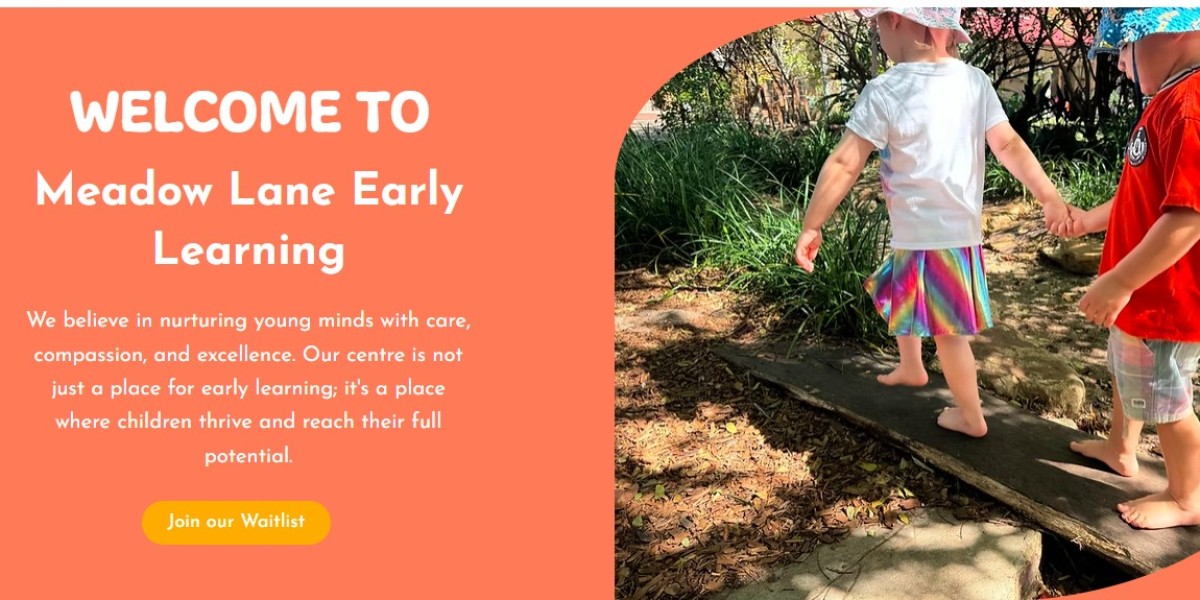Early childhood learning plays a crucial role in a child’s overall development, laying the groundwork for future cognitive, social, and emotional growth. The experiences children have during these early years are vital as the brain develops at its fastest pace, making it a critical period for building essential skills. Research highlights that the first few years of life are particularly significant in a child's ability to absorb knowledge, forming the foundation for their future learning and behavior.
During early childhood, children are like sponges, absorbing everything around them. Simple interactions, such as reading, talking, and playing, have a profound impact on their language development, problem-solving skills, and social understanding. Early childhood learning also shapes emotional regulation, as young children begin to understand and manage their feelings, developing empathy and the ability to relate to others. These skills are crucial not only for their academic life but also for their personal relationships and mental well-being.
Another vital aspect of early childhood learning is the development of curiosity. Children who are exposed to a variety of experiences and encouraged to ask questions and explore the world around them develop a love for learning that lasts a lifetime. These early experiences in informal learning environments like the home, playground, or community play a significant role in promoting a child's cognitive growth. Whether through simple household tasks or educational games, children learn to think critically and solve problems at an early age.
The role of parents, caregivers, and educators in supporting early childhood learning cannot be underestimated. Consistent engagement, encouragement, and creating a safe space for children to explore new ideas make a significant difference in their development. By providing opportunities for open-ended play, conversations, and hands-on activities, adults help children build a strong foundation for future learning.
In conclusion, early childhood learning is essential in shaping a child's growth, setting the stage for their academic success, emotional resilience, and social skills. The impact of this critical period extends far beyond the early years, influencing how children approach challenges and learning throughout their lives. By prioritizing early childhood learning, we are investing in the future well-being of every child.



